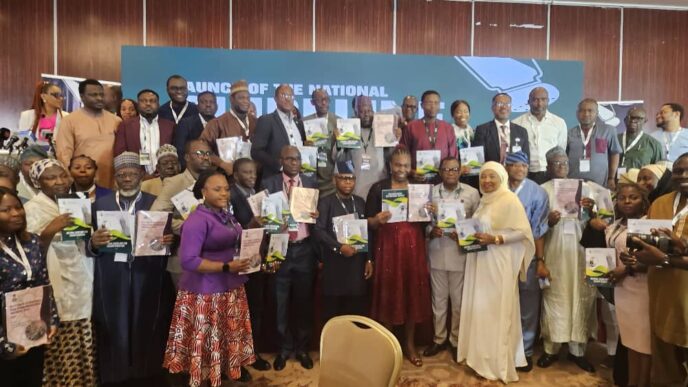Lanre Issa-Onilu, NOA DG
The National Orientation Agency (NOA) has implored the National Agency for the Control of AIDS (NACA) to develop innovative local strategies to achieve sustainable interventions in the fight against HIV/AIDS.
Lanre Issa-Onilu, director-general of NOA, made the call during a courtesy visit by Temitope Ilori, NACA director-general, to the NOA headquarters.
Welcoming the NACA delegation, Issa-Onilu harped on public sensitisation in addressing HIV/AIDS.
He noted that while fear-based communication was once effective, there is now a need to change the messaging approach to prevent stigma and misinformation.
Advertisement
He said HIV/AIDS should be seen as a manageable health condition, similar to hypertension and diabetes, rather than a death sentence.
Issa-Onilu encouraged NACA to leverage NOA’s vast network to amplify its campaigns on HIV prevention, treatment, and the fight against discrimination.
Given the recent decline in international funding for HIV/AIDS programmes, particularly from the United States, Issa-Onilu urged NACA to explore innovative strategies.
Advertisement
He assured NACA of NOA’s unwavering support in achieving the shared goal of a well-informed and stigma-free society.
On her part, Ilori acknowledged NOA’s vital role in national development and restated the importance of strengthening collaboration to enhance Nigeria’s HIV/AIDS response.
She noted that despite the success of treatment programmes, many people, especially the youths, underestimate the existence of HIV/AIDS.
She warned that with over two million Nigerians living with HIV, new infections continue to rise, especially among young people and children.
Advertisement
She added that this underscores the urgency of improving public awareness and behavioural change communication to counter misinformation and promote prevention.
Add a comment











